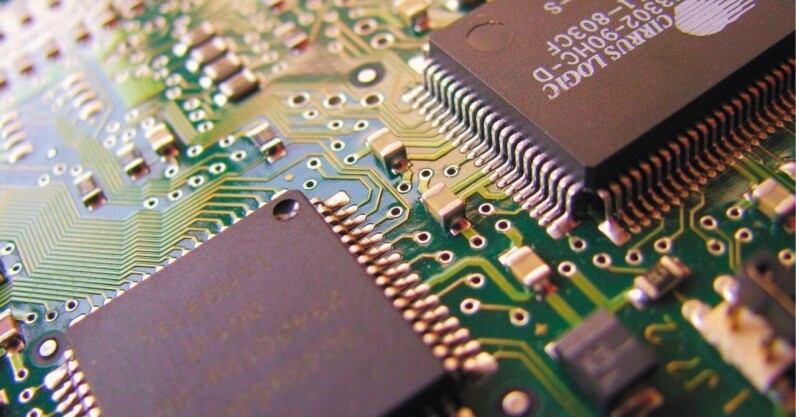TECH

EU approaches mega-investment to build semiconductor chips
Several vital tech sectors in the bloc have been suffering from shortages in the supply of semiconductor chips, mainly as a result of Europe's reliance on imports from a limited number of companies and countries. To solve this problem, the union intends to boost its national industry through the implementation of new legislation.
On Wednesday, the European Parliament adopted its position on two proposed bills: the Tokens Act and the Chips Joint Undertaking.
On the Chips Law, deputies endorsed the text presented by the Industry Committee and expressed their support for its three main measures:
-Strengthen technological capacity and innovation and attract talent.
-Encourage investment and increase production capacity.
-Implement a crisis response mechanism, allowing the Commission to monitor the supply of semiconductors, assess risks and anticipate shortages.
Commenting on the Chips Act, rapporteur Dan Nica said it should establish Europe as a "key player" in the global semiconductor market. “Not only does the budget need to be matched to the challenges and funded with new money, but the EU must lead in research and innovation, have a business-friendly environment, a fast licensing process and invest in a skilled workforce for the sector. of semiconductors. ,” he added.
In a separate vote, MEPs also backed the Chips Joint Undertaking proposal, which implements measures put forward under the Chips for Europe initiative and complements the Digital Europe and Horizon Europe programmes. Its aim is to increase investment in research, development and innovation infrastructure in order to build capacity on a large scale.
“Microchips are essential to the EU's digital and green transitions, as well as our geopolitical agenda,” Joint Chip Company Rapporteur Eva Maydell said. “We are asking for new funding that reflects the strategic importance of Europe's chip sector. Europe's partners and competitors are also investing heavily in their semiconductor facilities, skills and innovation."
The European Parliament is now ready to start talks with the Council on both bills. If the negotiations are successful, the Chips Act could be a game changer for Europe. Expected to cost €43 billion and aiming to account for 20% of world supply by 2030, the act could help the EU reinforce its competitiveness and sovereignty in the sector.
Story by: Ioanna Lykiardopoulou

No comments:
Post a Comment